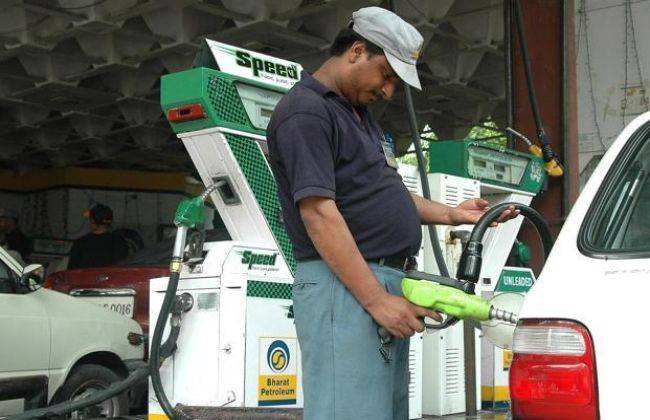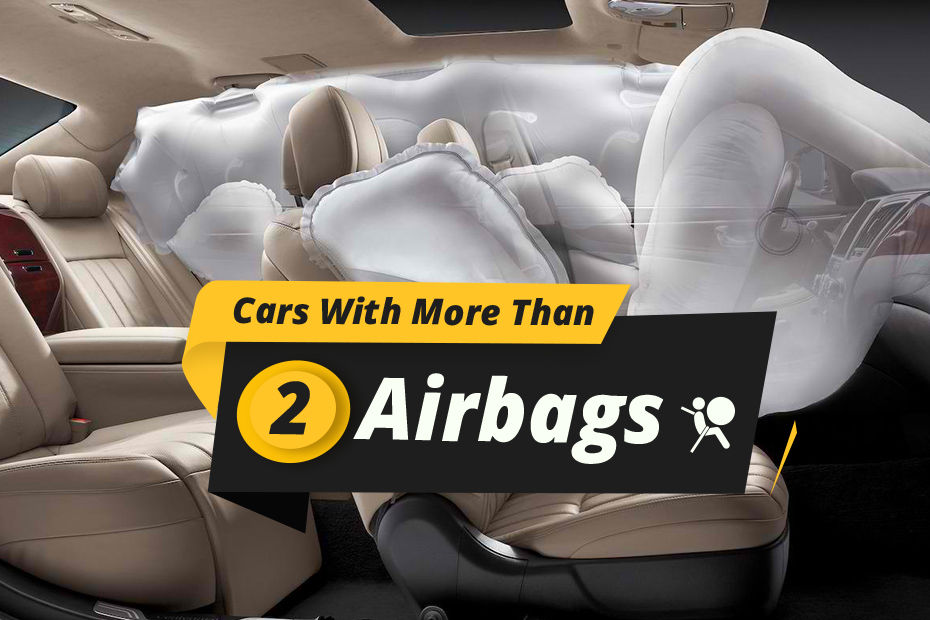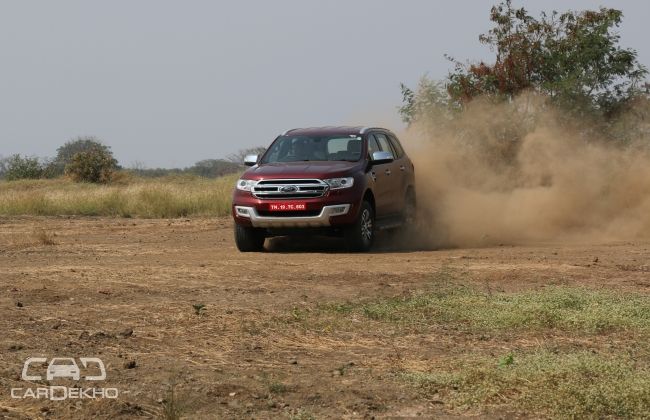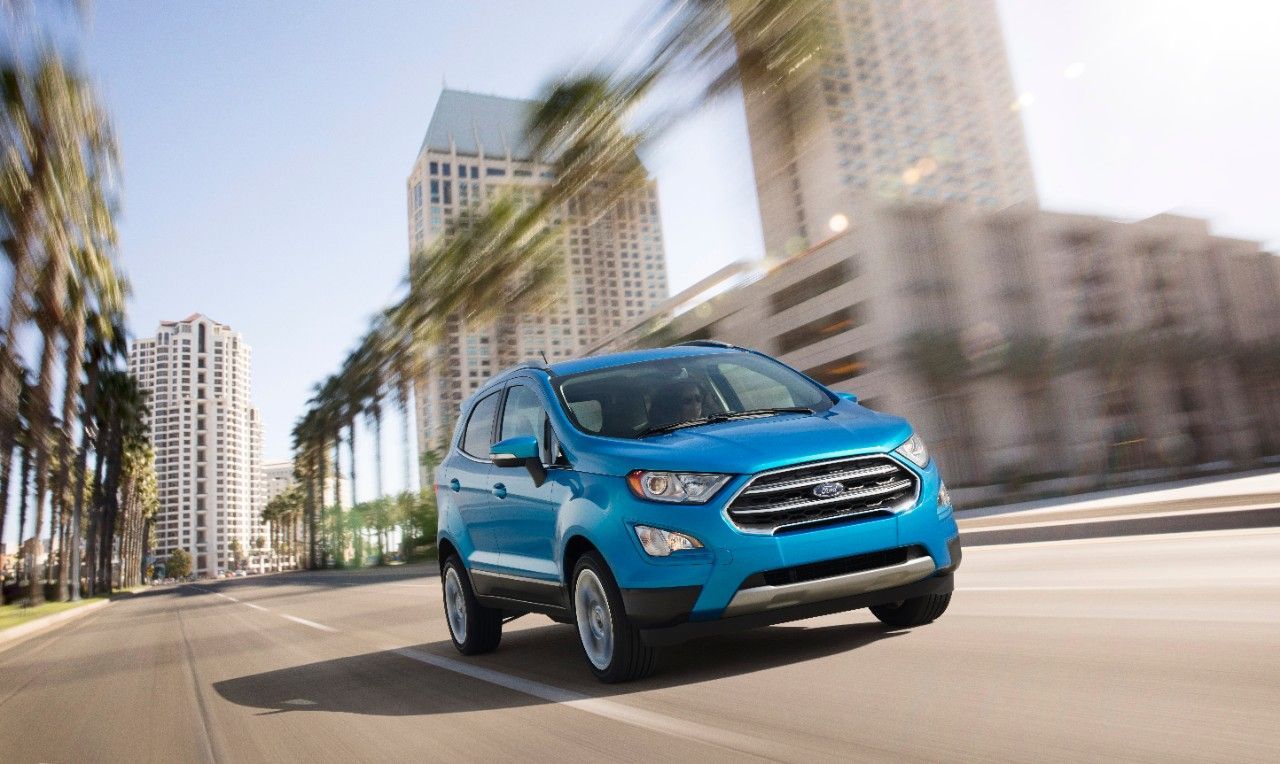3 Long-Time Car Myths Busted
Modified On Dec 26, 2017 02:57 PM By CarDekho
- Write a comment
Ford helps put three car-related myths to sleep

Let’s face it, while most car owners will have no problem driving their cars day in and day out, very few take the time to find out what exactly makes them tick. And since not everyone is aware of the mechanical nuances of their automobiles, it becomes easy for certain myths to spread regarding how best to run them. These myths end up getting repeated so often that they very often become what many believe to be facts.
So, Ford has decided to bust three of the most common car-related myths, so that owners may stop worrying and start doing the right things to keep their cars running well.
1. Filling up in the morning gets you more fuel

At dawn, the light is such that it makes it difficult to spot a torn Rs 500 bill held on using plastic tape. So you may be able to use the note that your kiranawala won't accept, but it won't get you more fuel than what you'd get while filling up at noon.
Fluids lose their density as they heat up and we buy fuel by volume, not weight. So it might seem natural to assume that in the lower temperatures of early mornings, petrol stored in the pumps might be denser, and you might believe that it'll help you squeeze a bit of extra petrol per tankful. But the fuel pump dealers store all of their petrol and diesel underground, which helps them maintain a near-constant temperature no matter how high or low ambient air temperatures get on the surface. So, don't bother getting out of the bed early in the morning for a fuel fill up.
2. Supercar fuel will make your car run like a supercar

Supercars drink premium, high-octane fuel and they go fast. So, that should make your car go fast too. Right? Wrong!
Exotics run on a high-compression engine that mandates high-octane fuel to prevent premature combustion, a.k.a., knocking. Knocking has a lot of ill effects in the long term, such as damaged valves, scoring on the piston and walls of the combustion chamber, carbon deposits in the combustion chamber thanks to unburned fuel, and in the worst case scenario, even an engine seizure. FYI, the shuddering you experience while running the car in a higher gear isn't called knocking. That's lugging. You'll know that your car is knocking when the engine makes a distinct metallic “pinging” sound.
A huge majority of regular road cars don’t need high-octane petrol. In fact, most carmakers even test their performance cars on regular petrol before they go on sale in India. The Ford Mustang, for example, runs just fine on regular petrol. Sure, there’s slightly less performance to be had for a car like the Mustang when it runs on regular petrol, but you won't be able to notice the difference without running it on the dyno.
Typically, most petrol cars will run compression ratios of 9:1 - 10:1, and for these ratios, 89-92 octane fuel is sufficient. In fact, 91 octane is standard across petrol pumps in India, so you really don't need to bother with any high-octane fuel.
3. Running low on fuel damages the engine

Petrol is a spirit. It releases combustible fumes, which can, technically, be used to run a combustion engine. But it'll create a lean fuel-to-air mixture that may not even be enough to sustain the combustion cycle, let alone move the car.
The fuel quality across all authorised dispensers is now at par, so there's no need to leave room for impurities to settle. Besides, all cars these days are fuel-injected, and they draw fuel from the lowest point of the fuel tank to maintain a constant supply of fuel in its liquid state. So there's no need to keep the tank full. Unless you're trying to run the fuel pump dry quite frequently, you have nothing to worry about. You may want to sign up for roadside assistance, though, so you can drive your car back home.
Instead of believing in these myths, Ford suggests taking better care of your vehicle. Besides routine maintenance, getting the wheels aligned, maintaining correct tyre pressure and adopting a sedate driving style can result in huge fuel savings. The best part about these three tips is that you don't even have to visit the service centre to experience the gains.










